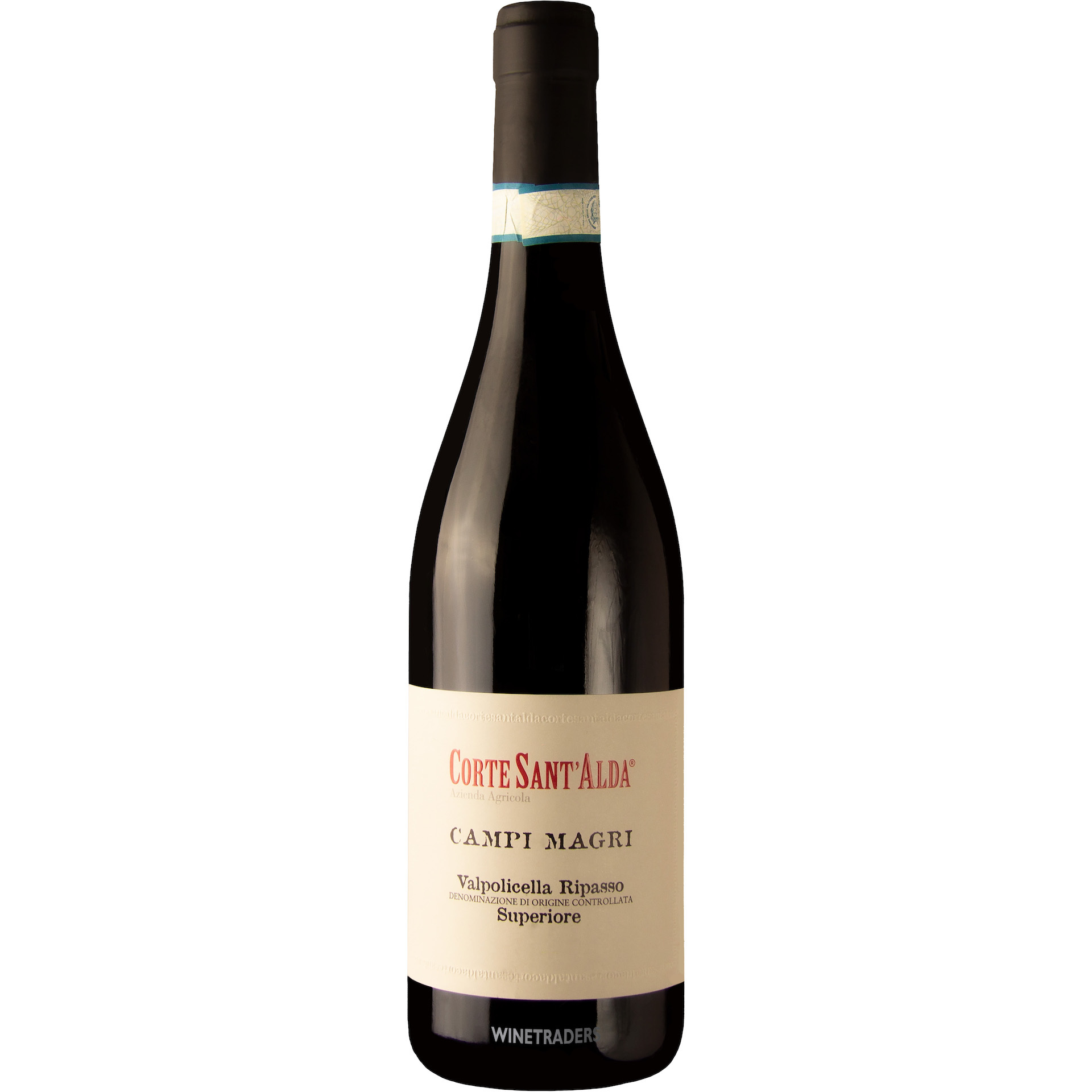
.png)
Valpolicella Ripasso Superiore DOC 'Campi Magri'
Veneto, Italy
This Ripasso is rooted in the heritage of Valpolicella, where the traditional “re-pass” method brings added structure and depth by refermenting wine over Amarone grape skins. ‘Campi Magri’ is sourced from organically and biodynamically farmed vineyards on limestone terraces that yield grapes of purity and concentration. The wine ferments with wild yeasts and undergoes extended ageing in large oak casks, developing its distinctive profile of richness and aromatic nuance. Ripasso here is elevated to a more elegant and polished expression. Layers of black cherry, dried plum, cocoa and clove build over a velvety texture supported by fine tannins. A warming, structured red, it is ideal with roast meats, aged cheeses or rich mushroom dishes.
Technical Sheet
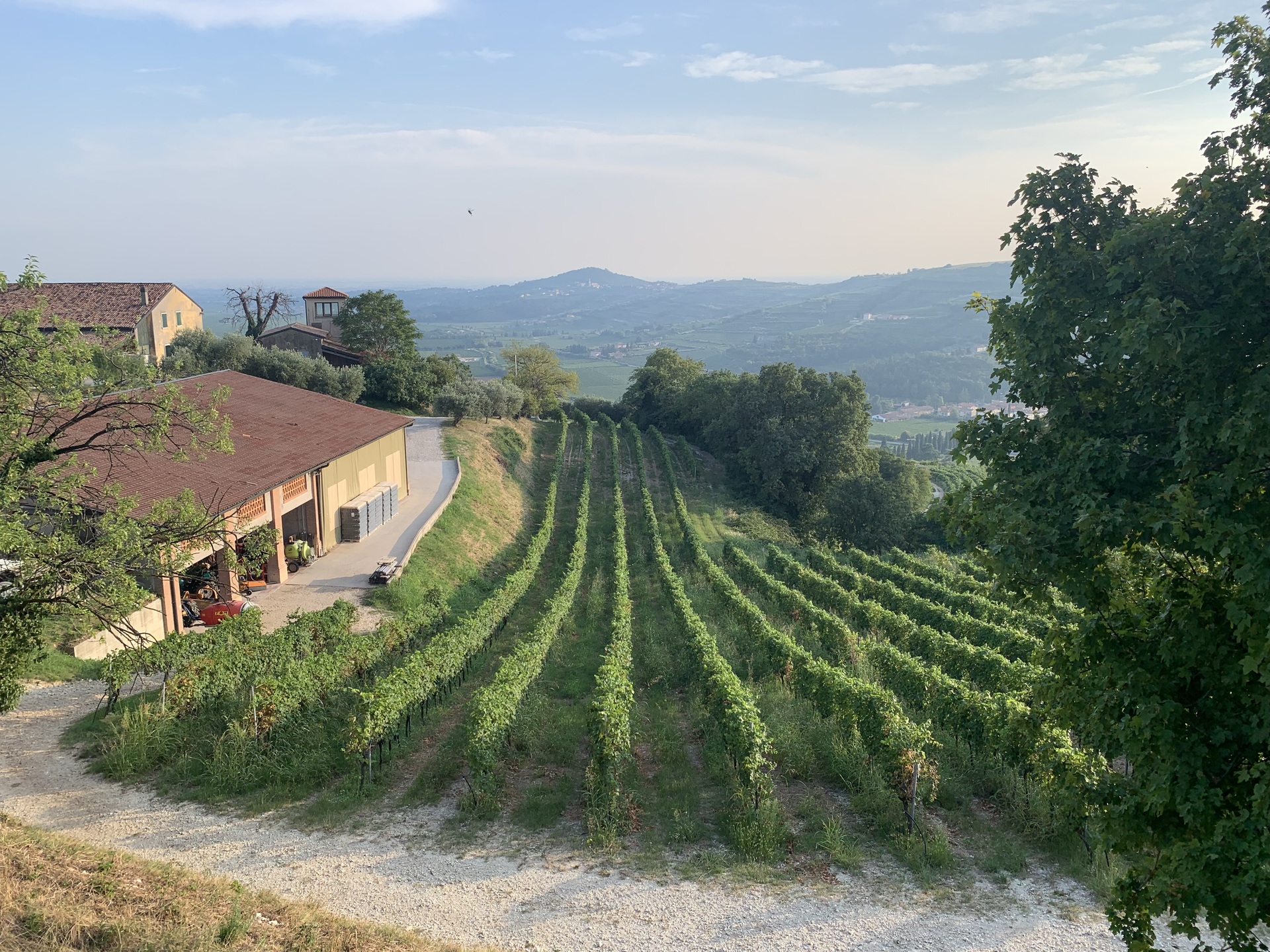
The Producer
We have had the pleasure of working with Marinella Camerani for more than a two decades. During that time CSA has emerged from Valpolicella’s backwaters to take centre stage amongst the region’s most celebrated producers. In 2008 Gambero Rosso crowned Marinella her ‘Winemaker of the Year’, a fitting accolade for a woman whose vision and determination have established this estate at the forefront of Italian winemaking.
Fermentation for all the wines is in upright wooden tini and all are hand-plunged. Marinella’s vineyards are planted on the limestone-rich soils found in the Illasi valley. Here, the foothills of the Dolomites offer a steep SW exposure and excellent drainage. VSP is used throughout to facilitate ripening and reduce disease pressure. Corte Sant’Alda is the only estate in the Veneto to be certified both organic and biodynamic.
Each wine is utterly typical of its style: ‘Ca Fiui’ is young, zappy, fresh and vibrant, the Ripasso is richer and reflects its time in cherry-wood casks whilst the Amarone has the heft and density typical of wines made from concentrated grapes. Marinella is one of the few remaining producers to continue the ancient practice of air-drying all the grapes used in the Amarone and the Recioto. 35 tons of fruit have had the rotten berries removed. One by one. It’s an absurdly time-consuming process but the slow desiccation results in complexity rather than just concentration. The Recioto finishes its fermentation without filtration.

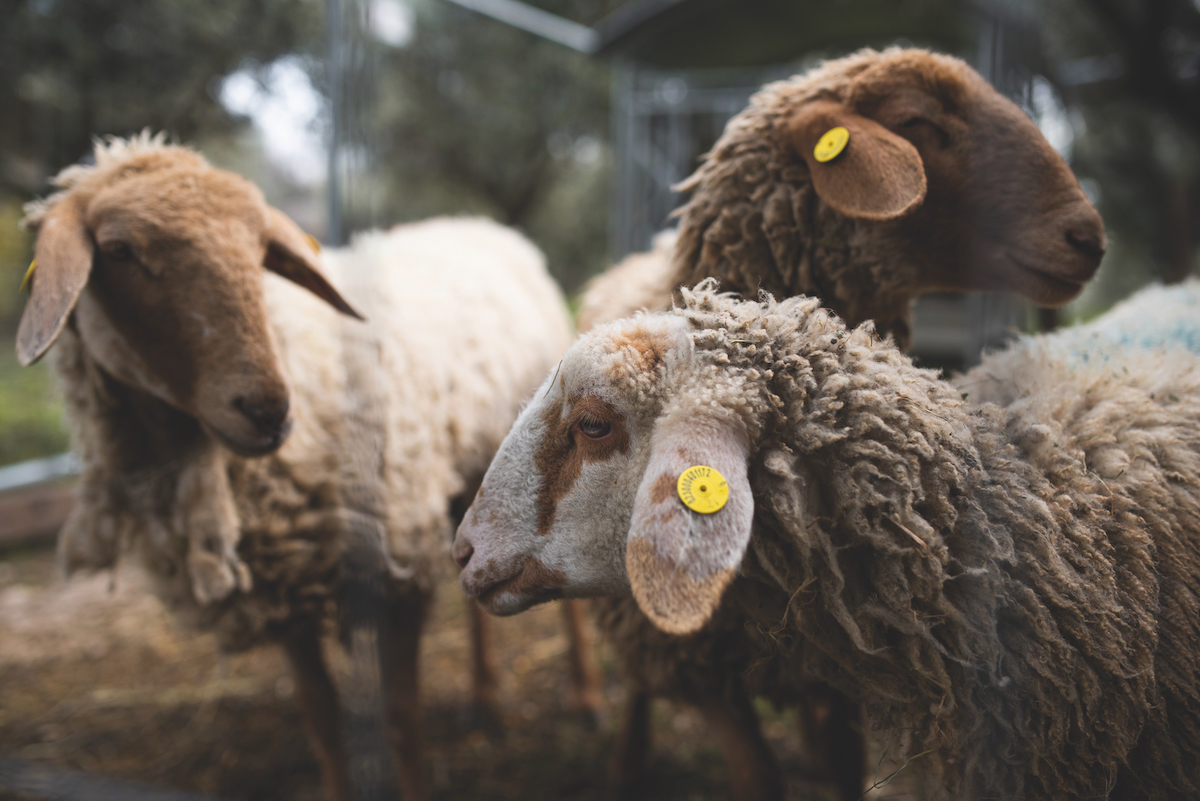
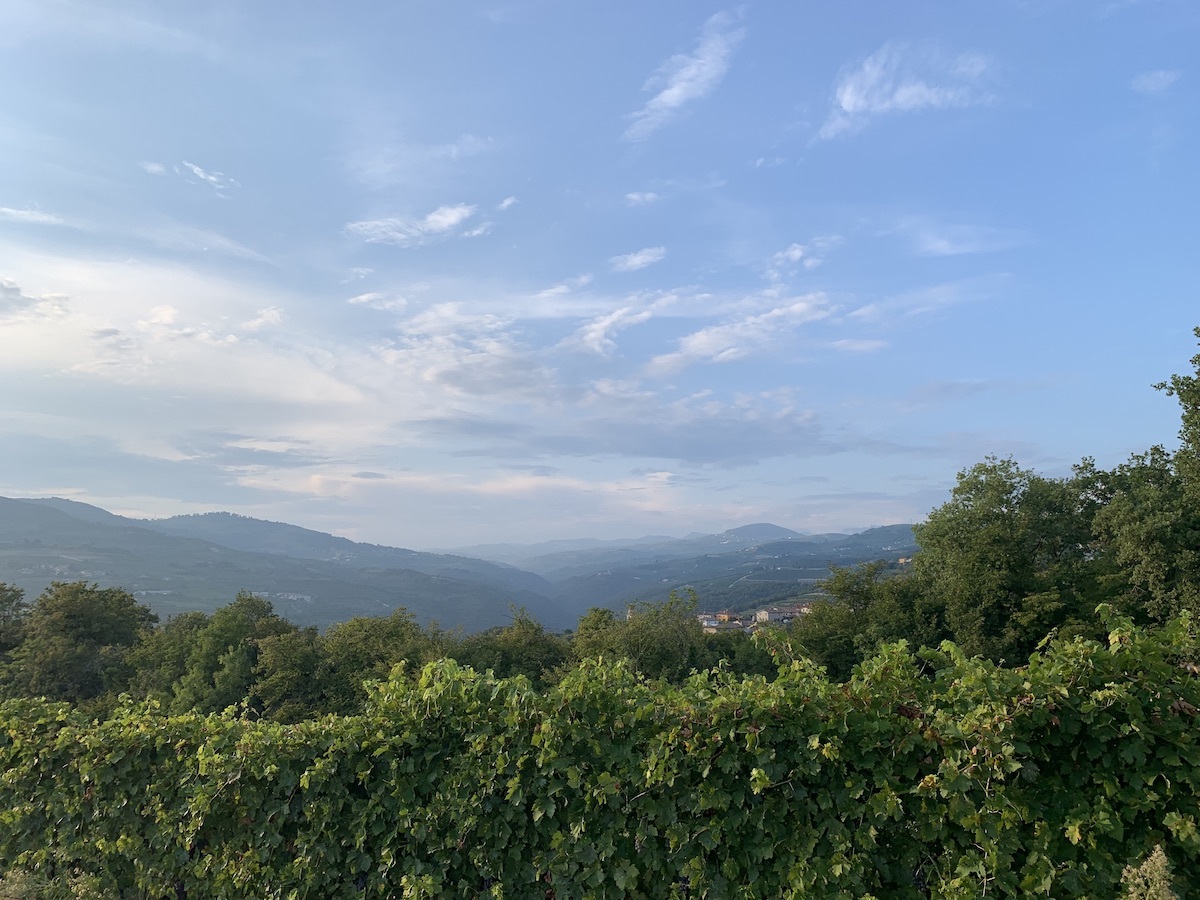
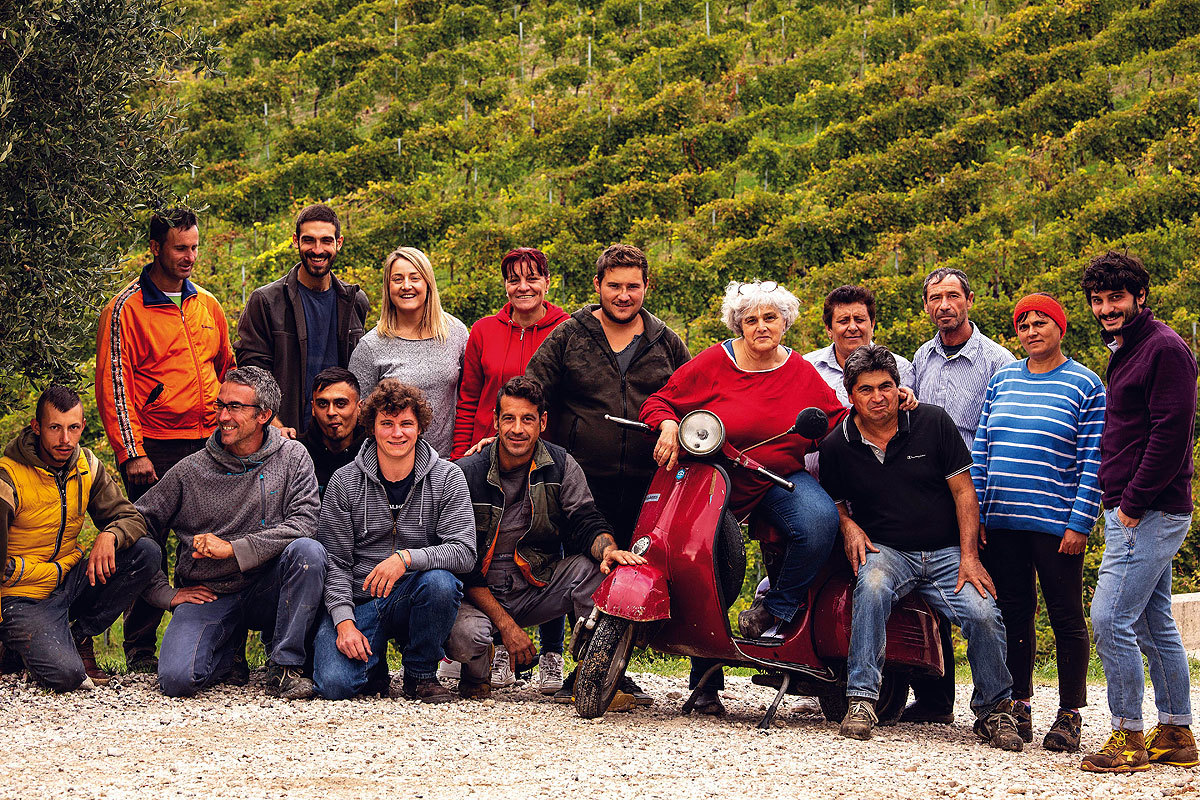
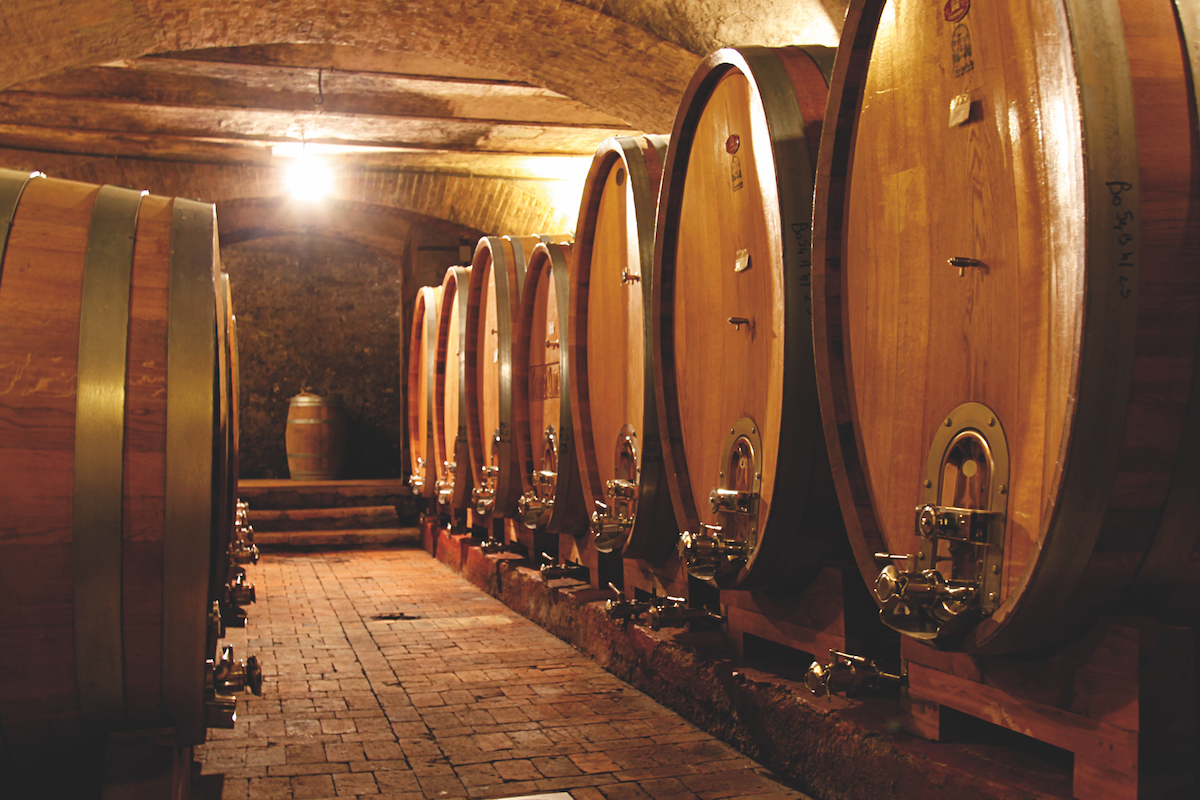
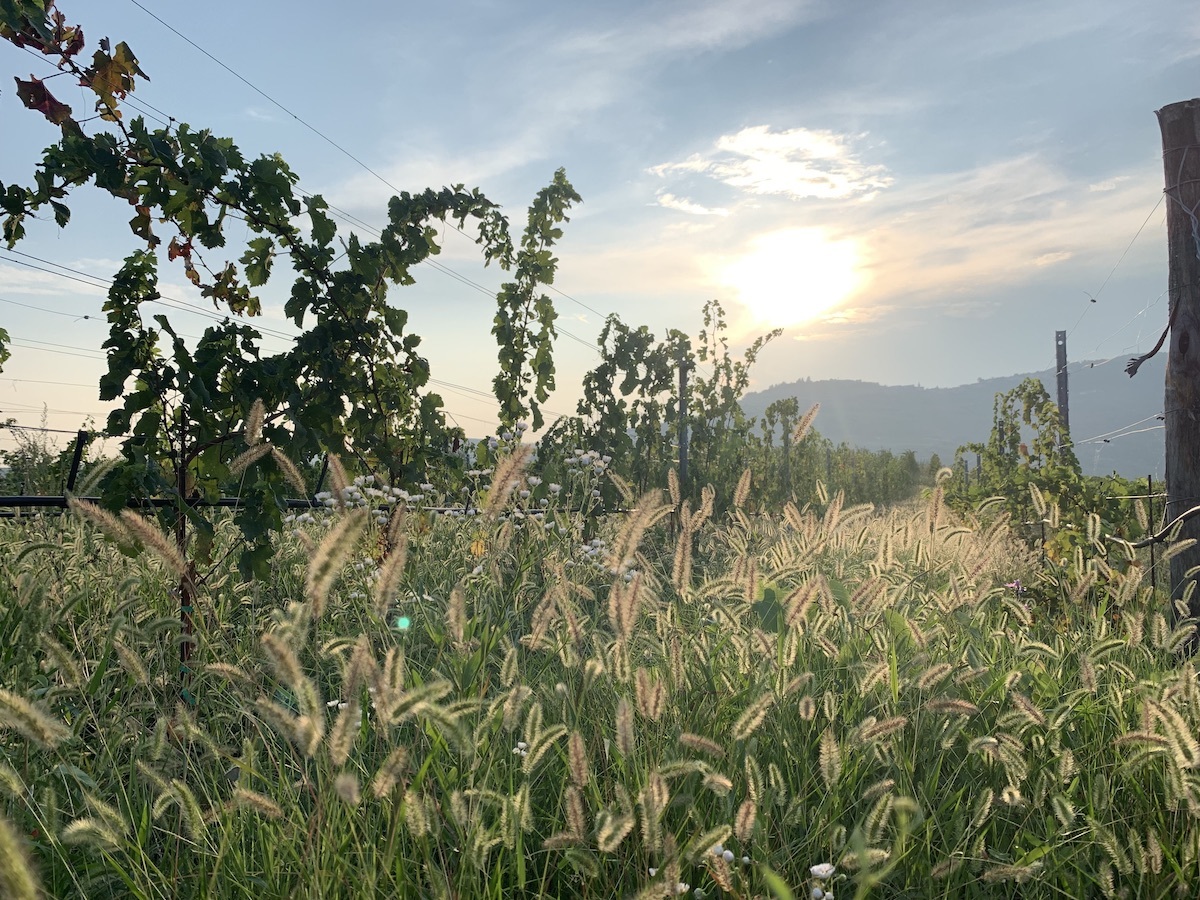
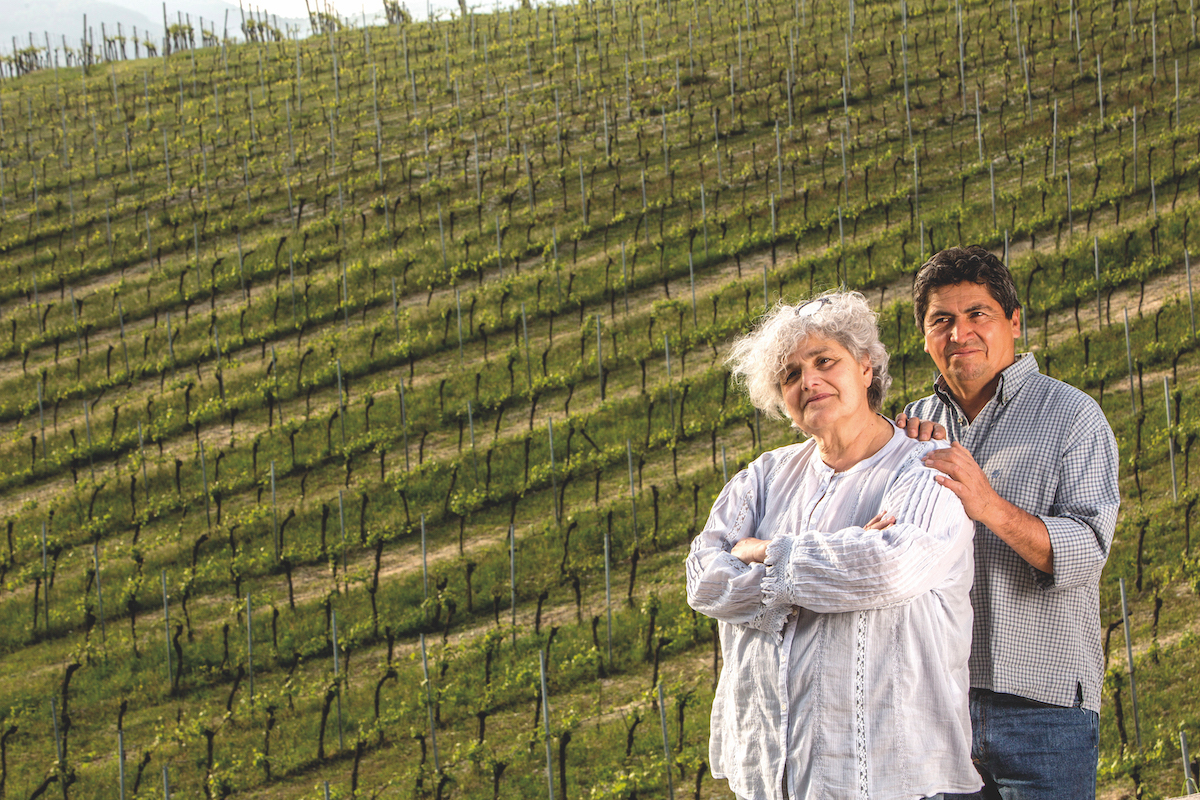
.png)
.png)
.png)